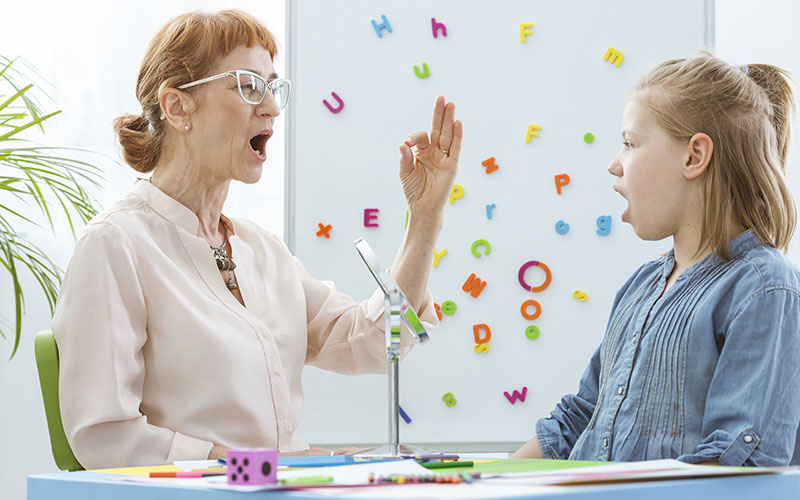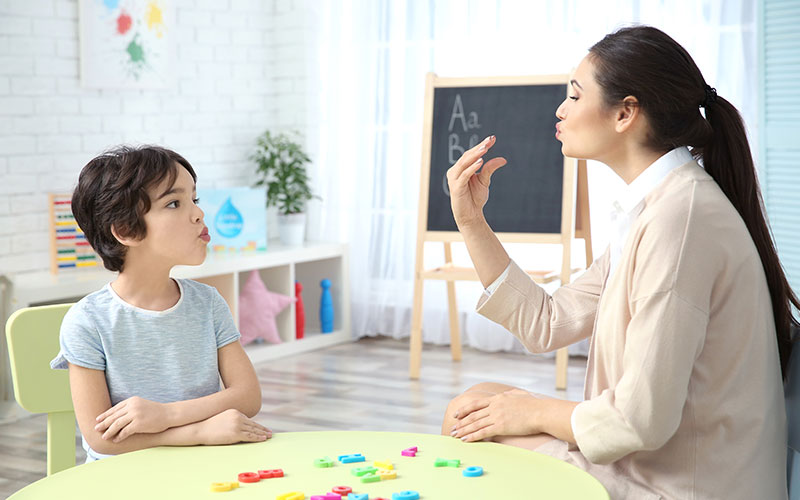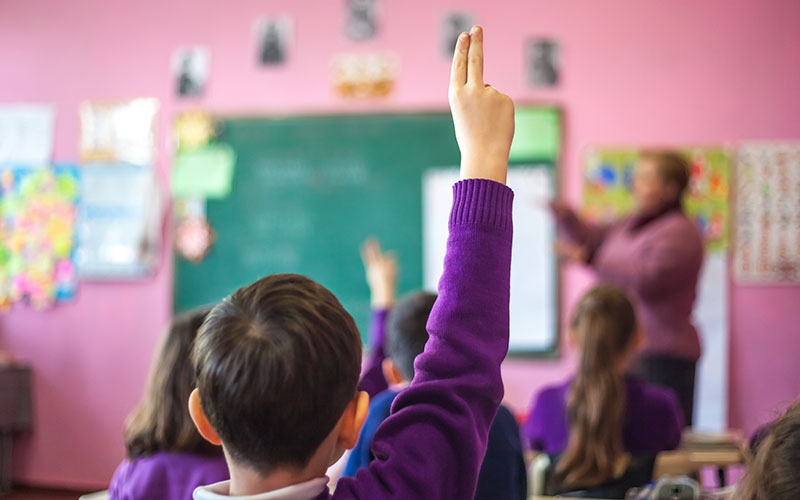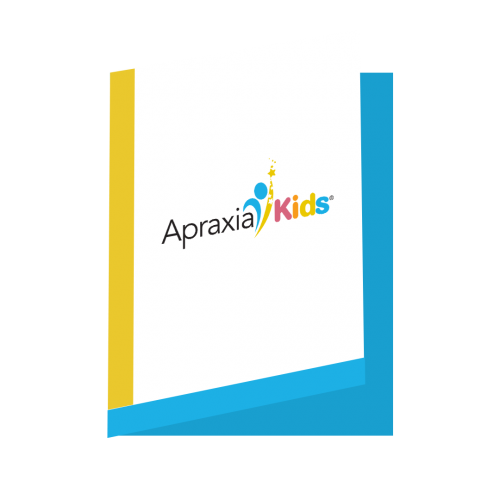What is childhood apraxia of speech (CAS)?
Childhood apraxia of speech (CAS) is a neurological motor speech disorder that makes it hard for children to speak. Children with the diagnosis of apraxia of speech generally have a good understanding of language and know what they want to say. However, they have difficulty learning or carrying out the complex movements that underlie speech. There are often co-occurring challenges that can last into adulthood in the areas of residual speech errors, language, reading/literacy, academics, and social skills. There is no cure, but with intensive and appropriate speech therapy, most children learn to produce intelligible speech and can overcome many of their challenges.











